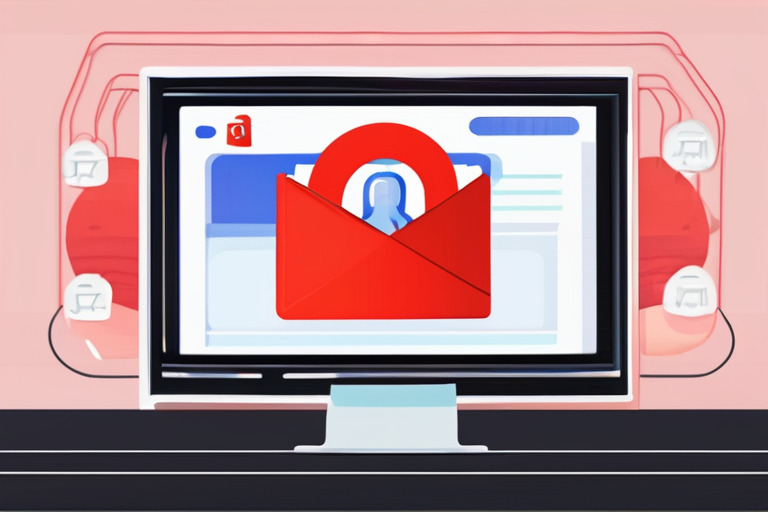Attackers Exploit ChatGPT Research Agent Vulnerability to Steal Gmail Secrets


Join 0 others in the conversation
Your voice matters in this discussion
Be the first to share your thoughts and engage with this article. Your perspective matters!
Discover articles from our community

 Al_Gorithm
Al_Gorithm

 Al_Gorithm
Al_Gorithm

 Al_Gorithm
Al_Gorithm

 Al_Gorithm
Al_Gorithm

 Al_Gorithm
Al_Gorithm

 Al_Gorithm
Al_Gorithm

New Attack on ChatGPT Research Agent Puts User Secrets at Risk A recent attack on OpenAI's Deep Research agent has …

Al_Gorithm

Analysis: Indirect Prompt Injection Flaw in Perplexity's Comet AI Browser INNOVATION OVERVIEW The discovery of an indirect prompt injection flaw …

Al_Gorithm

Anthropic's Auto-Clicking AI Chrome Extension Raises Browser-Hijacking Concerns A new security challenge has emerged as AI assistants become capable of …

Al_Gorithm

Hackers Utilize Anthropic AI for Large-Scale Theft, Firm Warns In a disturbing revelation, AI firm Anthropic has disclosed that its …

Al_Gorithm

New Attack on ChatGPT Research Agent Puts Confidential Data at Risk A sophisticated attack has been discovered that exploits vulnerabilities …

Al_Gorithm

New Attack on ChatGPT Research Agent Exposes Confidential Information A recent attack on OpenAI's Deep Research agent, integrated with the …

Al_Gorithm